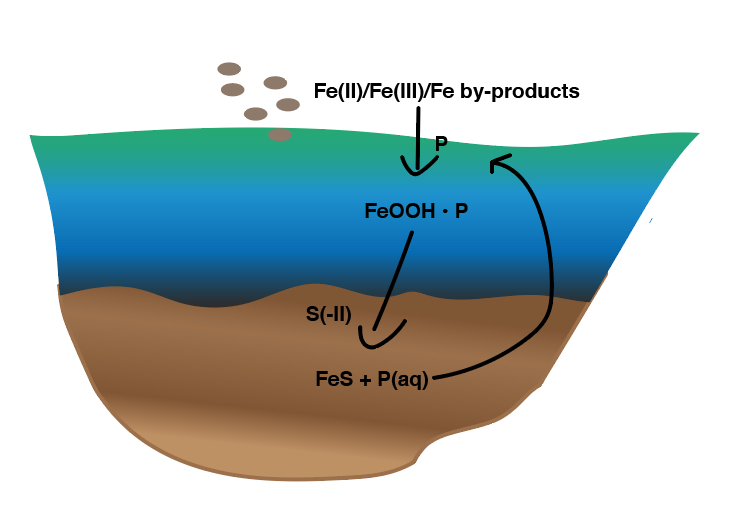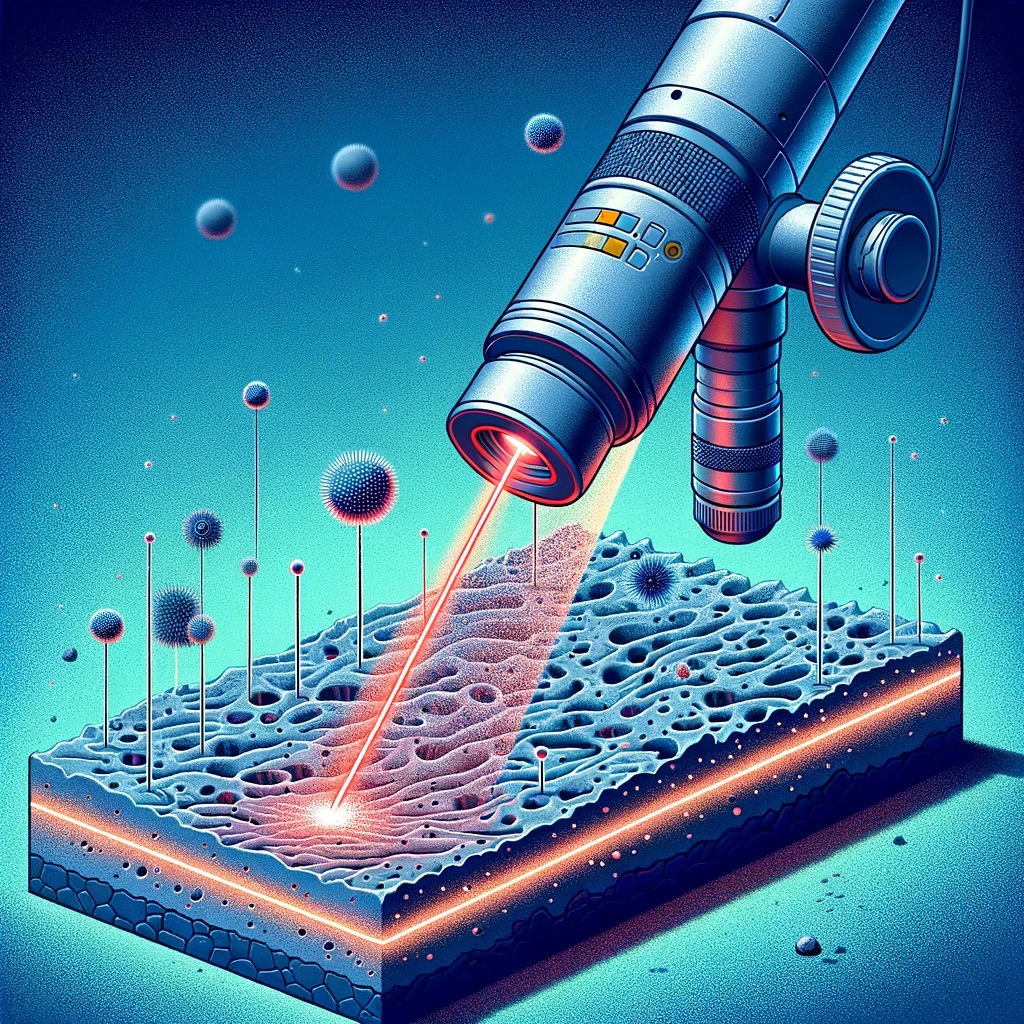Binding and release of phosphate accompanying Fe mineral transformation
Phosphate has been an emerging issue both environmentally and agriculturally, as part of the EU P-TRAP project, my PhD thesis focuses on the mechanism and kinetics of how P interacts with Fe minerals, with a special emphasis on redox transformations of Fe oxides and a detailed exploration of Vivianite, a charming Fe(II) phosphate mineral.


